Optimal Timing for Waterproofing
Waterproofing is essential for protecting structures from water intrusion, which can lead to damage, mold growth, and structural deterioration. Proper timing of waterproofing applications ensures maximum effectiveness and longevity of the protective barrier. The optimal time depends on climate conditions, project type, and specific environmental factors.
Ideal for waterproofing projects due to moderate temperatures and lower humidity levels, which aid in proper application and curing.
Best time for waterproofing to prevent moisture-related issues, especially before the rainy season begins.
Applying waterproofing prior to heavy rains or snow ensures better adhesion and protection during adverse weather.
Timing depends on completion of structural work and weather conditions, typically in dry, warm periods.
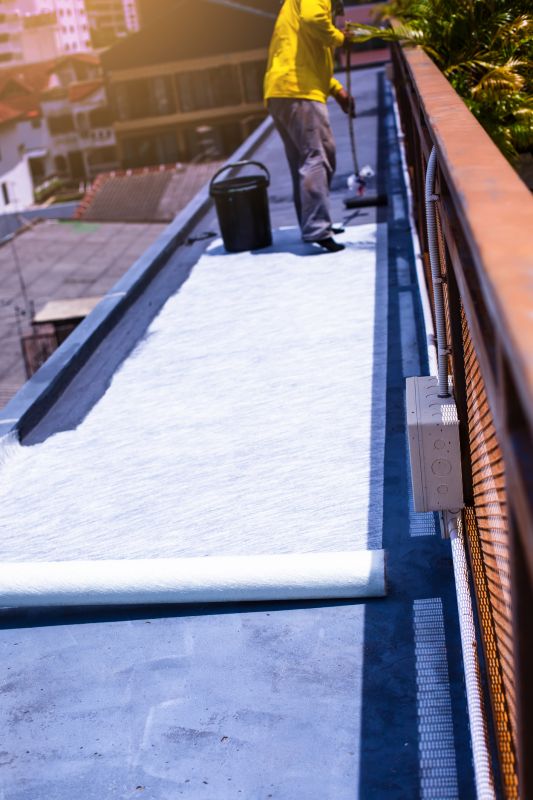
A crew applies waterproofing membrane on a building exterior during mild spring weather.
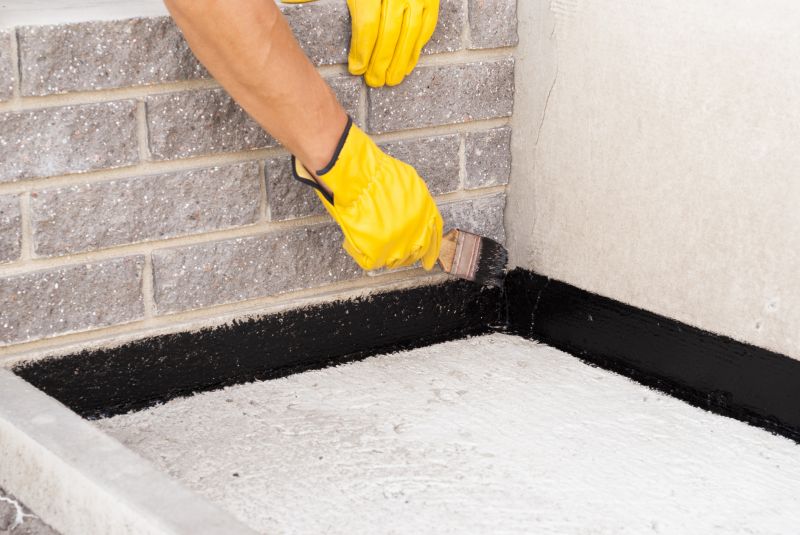
A waterproofing project underway in a dry season, ensuring optimal curing conditions.
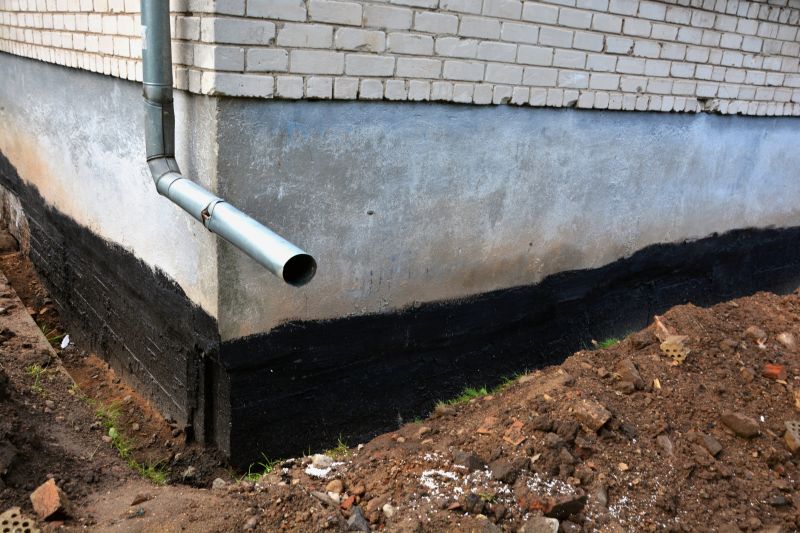
Preparation of surfaces before heavy rainfall, with waterproofing layers in place.
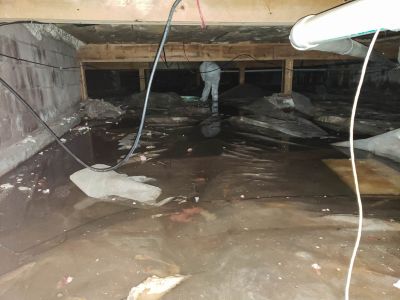
Ways to make Waterproofings work in tight or awkward layouts.
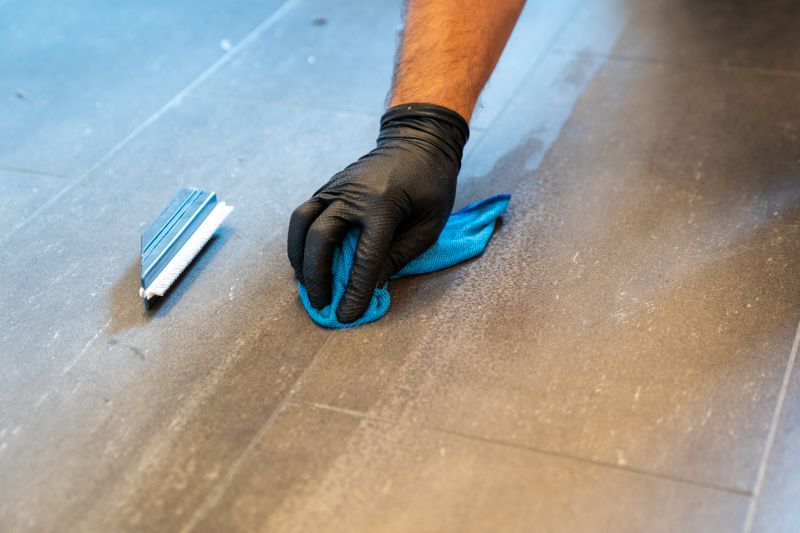
Popular materials for Waterproofings and why they hold up over time.
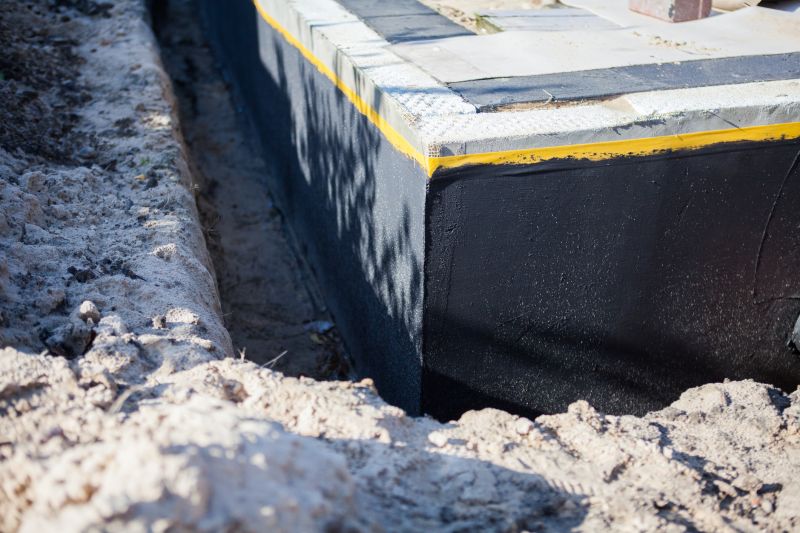
Simple add-ons that improve Waterproofings without blowing the budget.
| Season | Best Practices |
|---|---|
| Spring | Apply after final structural inspections; ideal for moderate temperatures. |
| Summer | Ensure dry conditions; avoid extreme heat that may affect adhesion. |
| Fall | Prepare before the rainy season; ideal for exterior waterproofing. |
| Winter | Generally not recommended due to freezing temperatures. |
| Post-Construction | Timing depends on project completion and weather forecast. |
Waterproofings involve applying specialized membranes, coatings, or sealants designed to prevent water ingress. They are critical in both new constructions and renovations, especially in areas prone to moisture exposure. Properly timed waterproofing enhances durability, reduces maintenance costs, and protects structural integrity. Advances in waterproofing materials have increased effectiveness across different environmental conditions, making timing an important factor for optimal results.
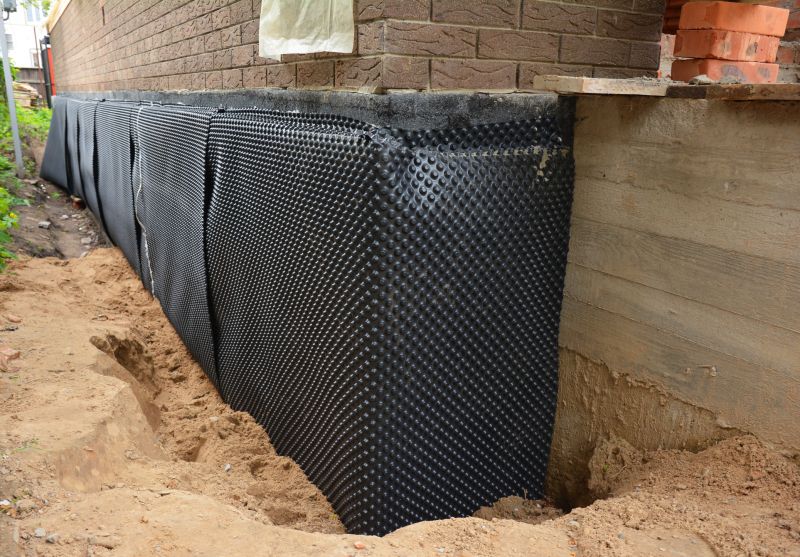
A technician applies waterproof membrane on a foundation wall.
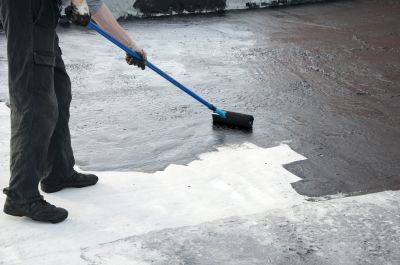
Applying waterproof coating on a roof during favorable weather conditions.
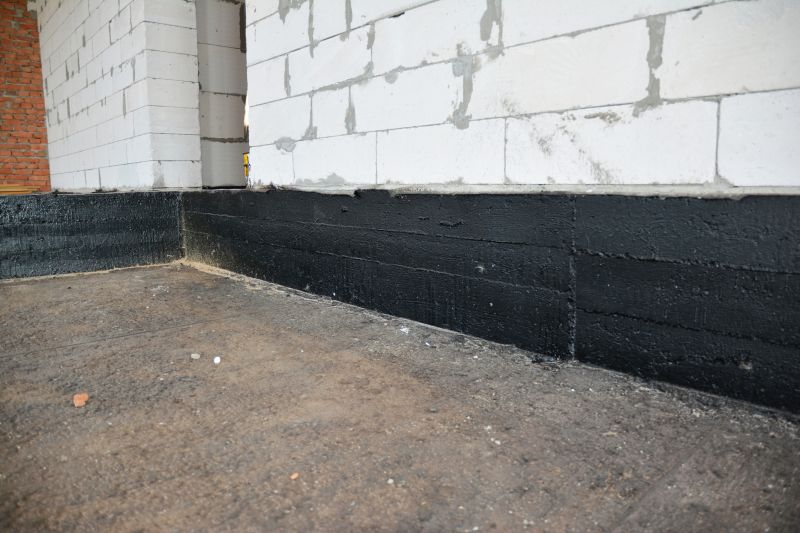
Sealing basement walls to prevent water seepage during construction.
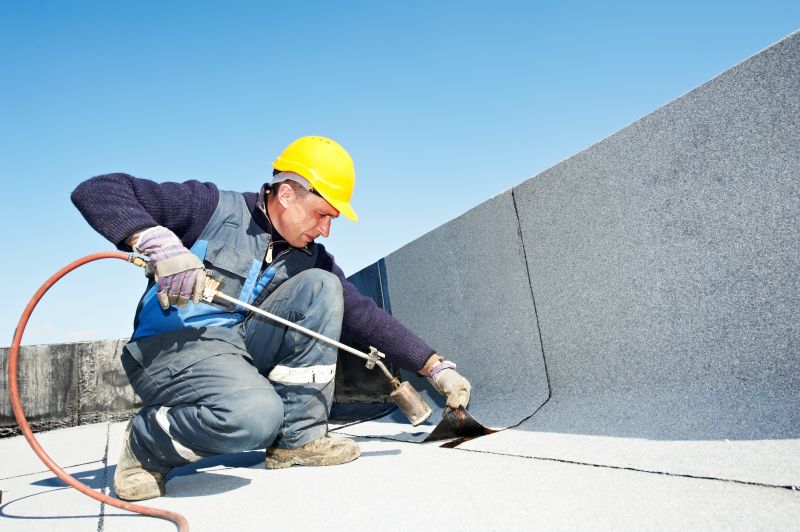
A project involving waterproofing as part of a building renovation.
Choosing the right time for waterproofing can significantly impact its effectiveness. Proper application during suitable weather conditions ensures better adhesion, curing, and long-term performance. Consulting with waterproofing professionals can help determine the best timing based on local climate and project specifics.
Interested in waterproofing solutions? Fill out the contact form to get more information and schedule an assessment.


